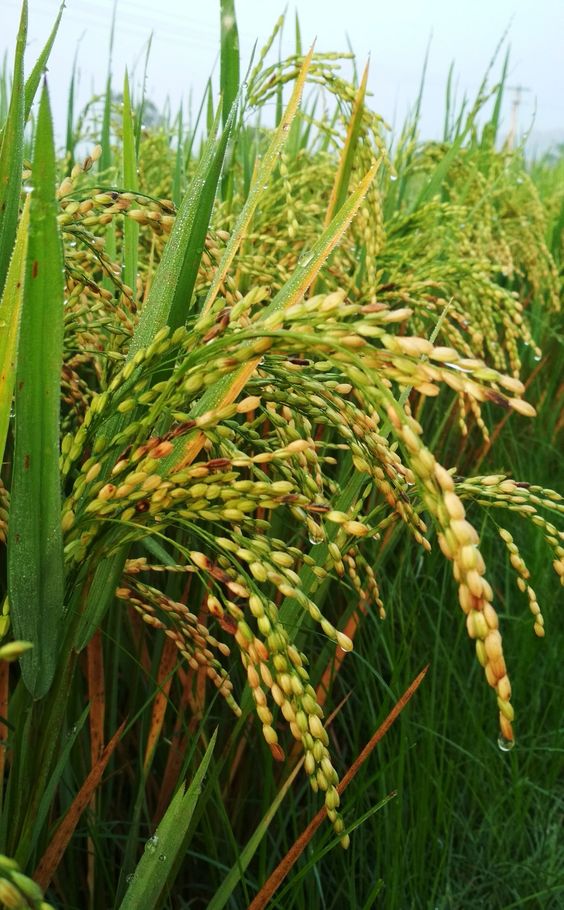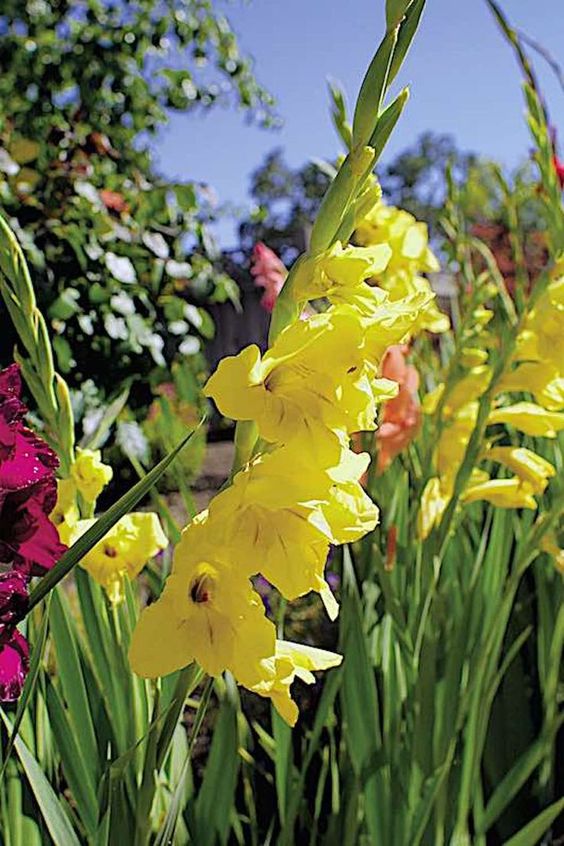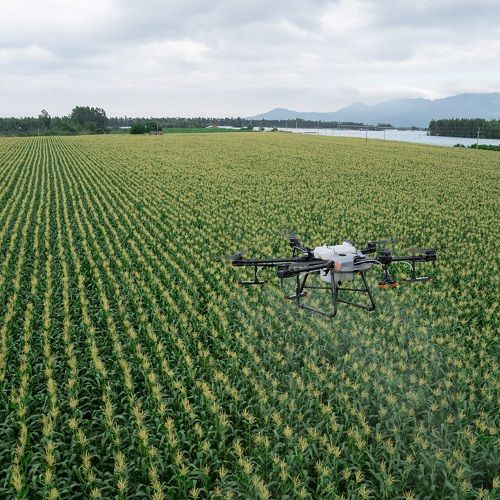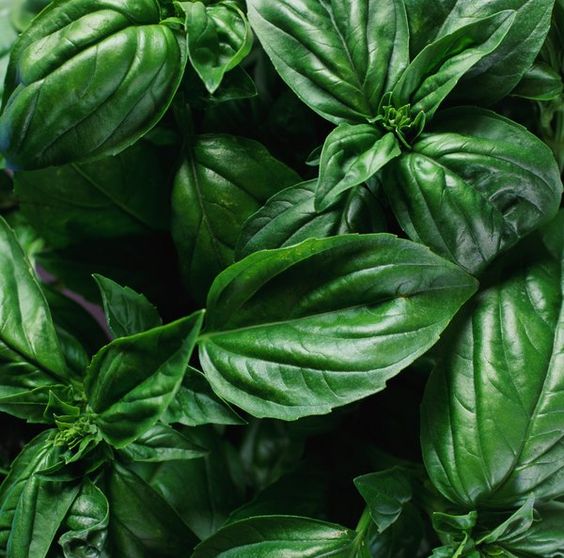Cultivating a Sustainable Future: Organic Paddy Farming and Smart Agriculture
Organic Paddy sector faces a multitude of challenges in the 21st century. A growing global population demands a constant increase in food production, while climate change threatens traditional farming methods. In this context, smart agriculture emerges as a promising solution, utilizing technology and data-driven practices to optimize resource use and enhance agricultural productivity. One key area where smart agriculture can make a significant impact is in organic paddy farming.
Organic Paddy Farming: A Sustainable Approach
Organic paddy farming is a holistic approach to rice cultivation that prioritizes ecological balance and long-term soil health. Unlike conventional farming methods that rely heavily on chemical fertilizers and pesticides, organic paddy farming utilizes natural processes and inputs to nourish crops and control pests. This includes practices like:
- Crop rotation: Planting different crops in sequence helps to break pest life cycles and improve soil fertility.
- Composting: Utilizing organic materials like crop residues and animal manure to create nutrient-rich compost for soil amendment.
- Biological pest control: Introducing beneficial insects and predators to control harmful pest populations naturally.
- Water management: Implementing techniques like precision irrigation to conserve water and optimize its use.
The Advantages of Organic Paddy Farming
Organic paddy farming offers a multitude of benefits for both farmers and the environment. Here are some key advantages:
- Improved Soil Health: Organic practices promote the growth of beneficial soil microbes, leading to increased soil organic matter and improved soil structure. This translates to better water retention, nutrient availability, and overall soil health.
- Reduced Environmental Impact: By eliminating the use of synthetic chemicals, organic farming minimizes water pollution and reduces greenhouse gas emissions associated with fertilizer production.
- Enhanced Food Quality: Organic rice grown without chemical residues is often perceived to have superior taste and nutritional value.
- Economic Benefits: Organic rice typically commands a premium price in the market, providing farmers with greater economic returns.
Smart Agriculture: Empowering Organic Paddy Farming
Smart agriculture practices can significantly enhance the effectiveness and efficiency of organic paddy farming. Here’s how technology can empower organic farmers:
- Precision Agriculture: Utilizing sensors and data analytics to monitor soil conditions, crop health, and weather patterns allows for targeted interventions and resource optimization. For example, farmers can precisely apply organic fertilizers based on real-time soil nutrient data.
- Remote Monitoring: Drones equipped with multispectral imaging can be used to assess crop health and identify pest infestations at an early stage, enabling farmers to take prompt action.
- Weather forecasting: Advanced weather forecasting tools can help farmers plan irrigation schedules and other agricultural activities more effectively, minimizing risks associated with unpredictable weather events.
- Blockchain Technology: Blockchain can be used to track the origin and journey of organic rice from farm to consumer, ensuring transparency and building trust with consumers.
Challenges and Opportunities Organic Paddy
Despite its numerous advantages, organic paddy farming faces certain challenges. Organic farming methods tend to be more labor-intensive compared to conventional practices, requiring farmers to have a deeper understanding of ecological processes. Additionally, organic pest control techniques can be more complex to implement and may require longer response times compared to chemical solutions.
However, with advancements in smart agriculture technologies, these challenges can be addressed. For example, the use of robotics and automation can help reduce labor requirements, while decision-support systems powered by data analytics can guide farmers in implementing effective organic pest control strategies.
Conclusion Organic Paddy
The integration of organic paddy farming with smart agriculture presents a promising pathway towards a sustainable and resilient agricultural future. By embracing these practices, farmers can cultivate healthy and productive crops while minimizing environmental impact and ensuring food security for generations to come. Investing in research and development, coupled with capacity building programs for farmers, is crucial to unlock the full potential of this powerful combination. As consumer demand for sustainable food products continues to grow, organic paddy farming empowered by smart agriculture offers a win-win solution for both farmers and the environment.




